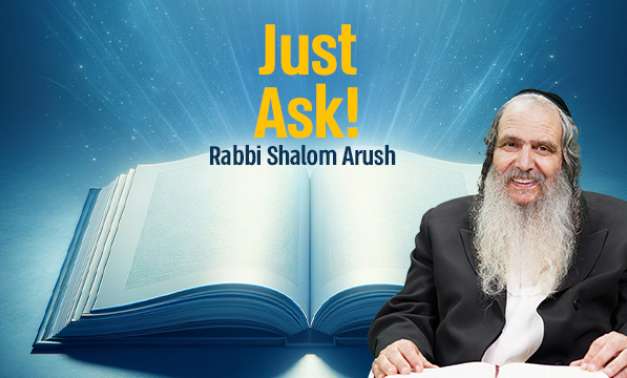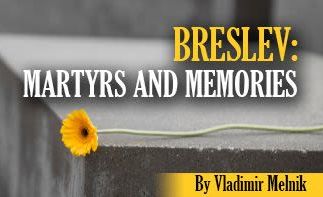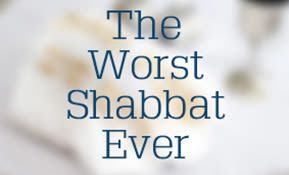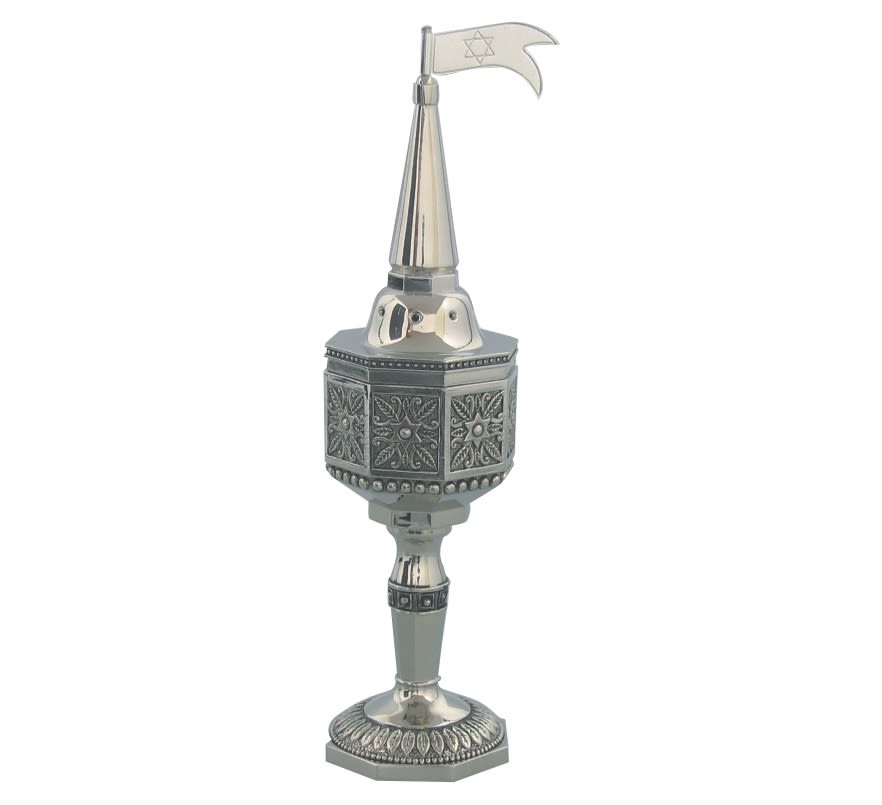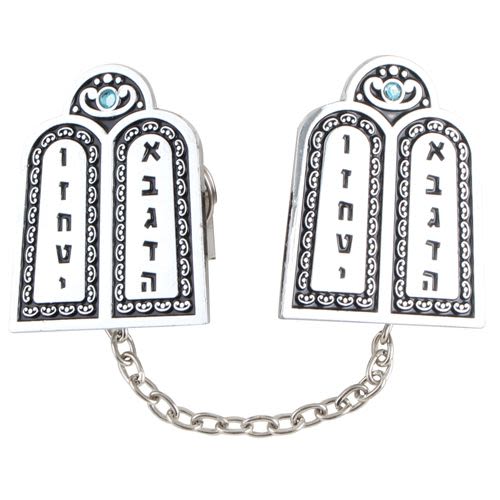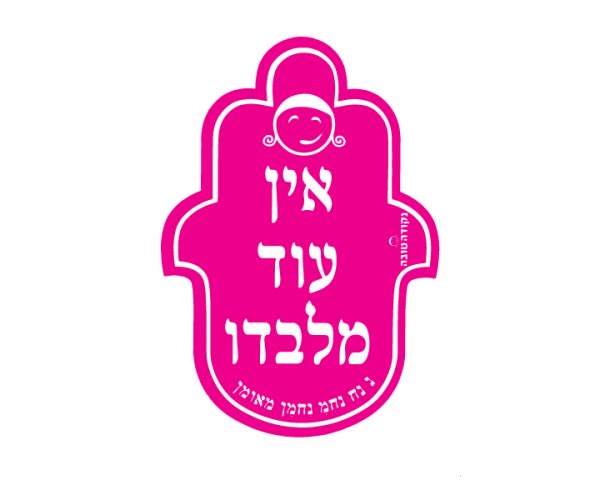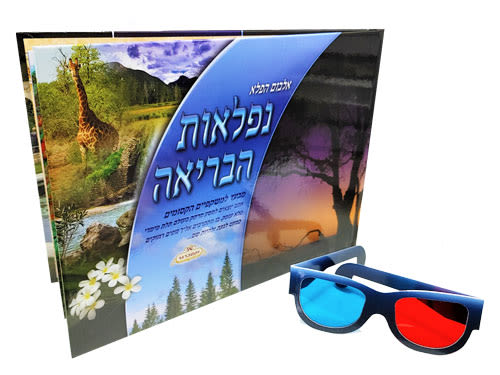
The Healer
Before the Baal Shem Tov knew what was happening, people were coming from near and far, bringing sick members of their families to be cured by him…

The Baal Shem Tov – Early Years – Part 19
In the last episode, the Baal Shem Tov revealed his greatness to Reb David of Mikolayov. The latter told the townspeople of Kitov. And they, together with Reb David, went to the Baal Shem Tov and asked that he be their rabbi. After asking Heaven, he consented and began teaching.
 He then expounded on the Torah and blessed all the people who were gathered there. To his blessings they answered with one voice, Amen, and then began dancing for joy.
He then expounded on the Torah and blessed all the people who were gathered there. To his blessings they answered with one voice, Amen, and then began dancing for joy. With his holy vision, the Baal Shem Tov saw groups of angels gathering all around them to join in their happiness and celebration. For the angels knew he was not merely being chosen as Rabbi of the town of Kitov. He was to become known to the Jewish people as the tzaddik, the pious holy man, and leader of his generation.
Over the joyous singing of the dancing men, Reb David exclaimed, "Long live our rabbi – forever! And all the people responded, "Long live our rabbi – forever!"
When the Baal Shem Tov rose from the seat of branches and leaves that the people had made in his honor, his two young pupils, Yitzchak Dov and Meir, the sons of the Rabbi of Yoslovitz, ran over at once, and swiftly took two of the branches, to lift them and wave them high in the air. These they were going to keep, as remembrances of the day their beloved teacher began to become known as the tsaddik of his generation.
Just as a Torah scroll is carried happily in the synagogue on Simchat Torah, so was the Baal Shem Tov transported from the forest in gladness and rejoicing amid flaming torches and shouts of celebration. All the way to Kitov, the happy outcries could be heard: "Long live our rabbi!"
For a short time, the Baal Shem Tov and his wife Chana and children Tzvi Hirsch and Adel lived in Kitov, where his brother in law and now devoted follower, Rabbi Gershon of Kitov lived.
In time, he decided to move to Tlust where he had lived as a child.
As soon as he reached the town of Tlust, all the Jews of the town learned of his arrival, and they all gathered to pay him honor. They had learned that he was a pious, holy man; and now they came to bestow on him the title of Baal Shem Tov, "the master of the good name." It was the first time he was called by this title, by which he was to be known for the rest of his life, and for ever after. In his modesty however, he agreed to be called by this title only in the town of Tlust.
Happy to be with this man of holiness who had been born and raised among them, the people of Tlust begged him to speak now, to teach them some of his Torah thoughts. He began with a parable, a little illustrative story.
A king suddenly noticed that a large, rare diamond was missing from his ring. In his presence stood many high officers, noblemen and servants, and he could have ordered any one of them to search for the precious stone. He was certain it had fallen out and rolled off somewhere into a corner. It would be easy for anyone to search and find it. Yet he would not give the task to any of the people there, but asked his only son to make the search, find the diamond, and return it to him. And the son did so, to everyone's delight.
The king had no doubt at all that any one of his servants could have found the precious stone, and finding it, would return it to him at once, without any attempt to steal it. Yet he wanted his son to have the privilege. It was a source of satisfaction and pride to him to see his son find the gem and return it to him. And then he said boastfully, "Do you see? No one else could have succeeded like that in finding it!"
What is the point of the story? The whole purpose of the creation of the world is that man should find and return to Heaven the holy sparks that have become scattered and hidden in the world. And this task has been given only to the Israelites and the Jewish people – which we do, for example, by eating only permitted, kosher food. The Almighty has given us many hints and signals, indicating that this is our task; and He has never given such hints or orders even to His holy angels.
When did the holy sparks became scattered and lost on this earth? The Midrash tells us that before the Almighty created this world, He created other worlds and destroyed them – because they could not endure. It is from those destroyed worlds that the holy sparks fell.
The people of Tlust enjoyed the story, for it made clear to them how important and beloved the Jew is in the Almighty's world. After a few moments the Baal Shem Tov continued:
"At the very beginning of "sh'moneh esreh," when a person says, "0' L-rd, open my lips," the Shechinah (the Divine Presence) comes to abide about him and speaks all the words of the prayer through him. If he has an absolute faith that in his prayer the Shechinah is speaking through his throat, then he will have true reverent fear of the Almighty, and He will come to abide with him. Then he can reach a stage of not being aware of himself at all.
What does this mean – not to be aware of oneself at all? It means feeling no sensations and having no awareness of your own physical self, as if your body did not exist at all; and having no conception or picture in your mind of this world, but seeing only an image of the upper worlds, in heaven. When you reach the world of "atzilut" (emanation-transmission), you can know future events. At times, in the lower worlds you can also know things in the future, because there the verdicts are proclaimed, of what is to happen.
Now, when we say our prayers in great happiness, they have a greater effect than prayers said in sorrow and tears. To give an illustration: If a poor man begs and pleads before the king, weeping and shedding tears, he will only give him some, small gift. But when we ask in happiness for our needs, the Almighty will grant us even a large request for help.
In time, he began to sign his name as "the Baal Shem Tov of Tlust."
Within a short time, it occurred to the people of Tlust that a person as holy as he must surely be able to cure sickness – without medicines. As they spoke about it among themselves, rumors began to spread that he indeed had a gift of healing.
Before the Baal Shem Tov knew what was happening, people were coming from near and far to his house, bringing with them sick members of their families to be cured by him. And cure them he did, although no one knew exactly how. As a result, the name of the "Baal Shem Tov of Tlust" spread far and wide, and his reputation grew from day to day.
Soon afterward, In the town of Pelitz, the daughter of a wealthy man became seriously ill. The learned doctors and physicians were unable to find anything wrong with her. In body, she was perfectly healthy. But she was unable to think, speak or act clearly. She had become wild, and no one knew what she would say or do next. So she had to be kept in her room.
Unable to bring his daughter to the Baal Shem Tov, the rich man set out to Tlust in a handsome coach drawn by four horses, to bring the Baal Shem to his daughter. When he arrived and told the holy man his tale of trouble, the Baal Shem Tov agreed at once to go with him.
Word spread swiftly through the town that he was planning to leave Tlust. The good Jews of the town came at once to plead with him that he should not go off and leave them."Every day," they pleaded, "people come from all the surrounding villages, bringing the sick for you to heal. Why should you leave them helpless and ride away to heal one single person?"
The Baal Shem Tov answered simply, "I am not making this trip merely to cure one person. It is for the sake of a great many people, to bring them help and. rescue them."
To be continued next week, G-d willing…
***
Tzvi Meir Cohn attended Yeshiva Hadar Hatorah in Crown Heights, Brooklyn after completing his university studies in Engineering and Law. While studying at the Yeshiva, he discovered a deep connection to the stories and teachings of the Baal Shem Tov. His many books about the Baal Shem Tov can be found in the Breslev Store. He can be contacted at howard@cohnpatents.com.




